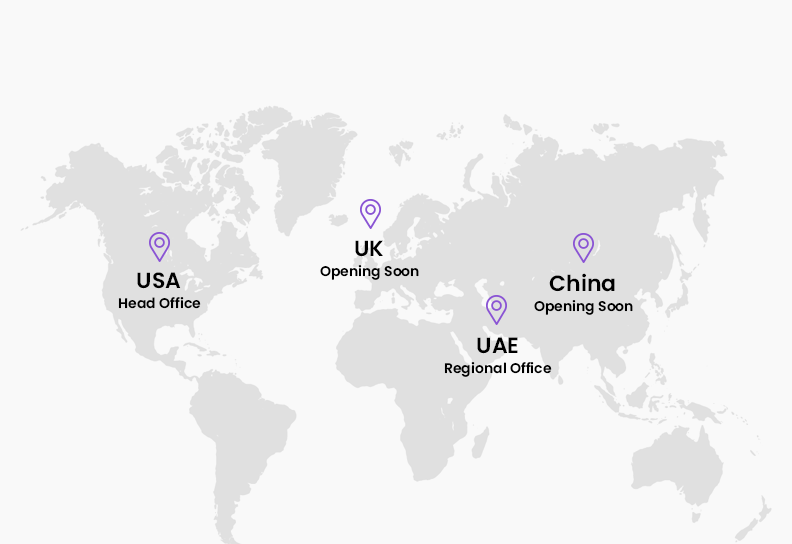The rise of e-commerce has completely transformed the way businesses operate today. More and more consumers are shopping online, making it essential for businesses to have a strong online presence. Ecommerce development is a complex process, but with the right knowledge and tools, it can be a rewarding experience. This blog will discuss eight technical aspects you need to know to build a successful ecommerce website.
Choosing The Right Platform
Choosing the right e-commerce platform is critical to the success of your website. It’s essential to select a platform that is flexible, scalable, and meets your business needs. Various platforms, such as Shopify, WooCommerce, Magento, and more, are available. Each platform has strengths and weaknesses, so it’s important to research and choose the one that best fits your business needs. You also need to consider the cost of the platform, hosting fees, transaction fees, and any additional plugins or extensions you may need.
Security
Security is a top priority for ecommerce websites. Your customers’ personal and financial information must be kept secure. You must ensure your website has an SSL certificate, which encrypts data transmitted between your website and your customers’ browsers. Additionally, you need to ensure your website is PCI DSS compliant to meet the payment card industry’s security standards. You must also keep your website up-to-date with security patches and updates to prevent vulnerabilities.
User Experience
User experience (UX) is critical to the success of your ecommerce website. You want to create an easy-to-use, visually appealing website that guides customers through purchasing. Your website must be responsive, adjusting to fit any screen size, so customers can easily shop on their mobile devices. Additionally, your website must be easy to navigate, with clear product descriptions, high-quality images, and intuitive navigation menus. It’s also essential to ensure the checkout process is quick and easy, with as few steps as possible.
Payment Gateway Integration
A payment gateway is a service that authorizes online payments. Integrating a payment gateway into your ecommerce website is essential to accept online payments. Make sure you choose a secure payment gateway that is easy to use and supports multiple payment methods, such as credit cards, PayPal, and more. Ensuring the payment gateway is compatible with your e-commerce platform is also essential.
Inventory Management
Inventory management is critical to keep track of your products and ensure you have enough stock to fulfill orders. You need to set up a system that tracks your inventory levels, notifies you when you’re running low on stock and updates your website when products are out of stock. It’s also essential to ensure your website displays accurate product availability and shipping times to your customers.
Shipping Integration
Once a customer orders on your website, you must fulfill and ship their order promptly. Integrating a shipping service into your ecommerce website can help streamline the process. Make sure you choose a shipping service that is affordable, reliable, and provides tracking information to your customers. Ensuring the shipping service is compatible with your e-commerce platform is also essential.
Search Engine Optimization (SEO)
Search engine optimization (SEO) is optimizing your website to rank higher in search engine results pages (SERPs). SEO is essential to driving traffic to your ecommerce website. You need to optimize your website’s content, keywords, and meta tags to ensure it ranks well in search engine results pages. Additionally, you must create a sitemap and submit it to search engines to help them crawl and index your website.
Analytics
Analytics is critical to track your website’s performance and making data-driven decisions. You must set up an analytics system that tracks your website’s traffic, conversions, and customer behavior. This will help you identify areas for improvement and make data-driven decisions to optimize your website. Google Analytics is a popular tool that provides detailed insights into your website’s performance.
Conclusion
In conclusion, building an ecommerce website requires careful consideration of multiple technical aspects. Choosing the right platform, ensuring security, providing a great user experience, integrating payment gateways and shipping services, managing inventory, optimizing for search engines, and tracking analytics are all critical to the success of your website. By focusing on these technical aspects, you can create an ecommerce website that is secure, easy to use, and optimized for search engines and customers.
Remember, building an ecommerce website is an ongoing process that requires continuous monitoring and optimization to ensure its success. Ecommerce website maintenance is a crucial aspect of this as well. If you’re looking for an ecommerce development company to take care of your technical aspects, then you’re in luck! Ecommerce House is your go-to source for top-notch ecommerce website development.









